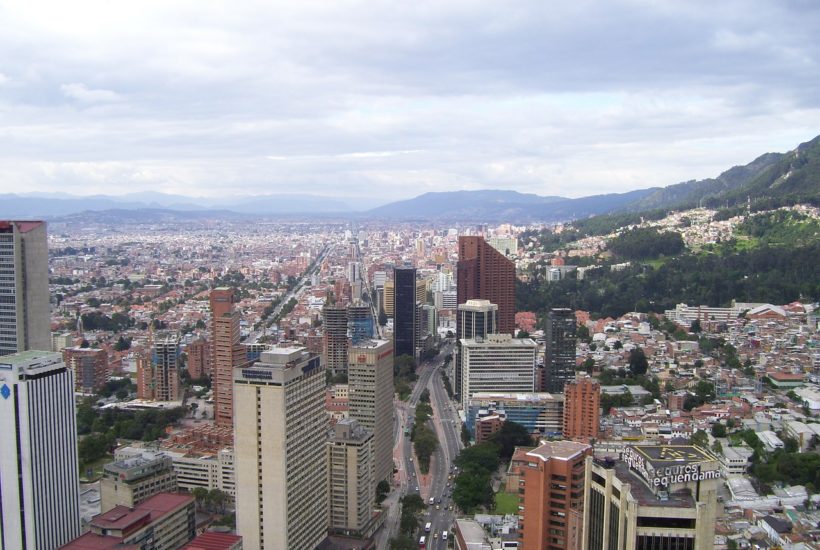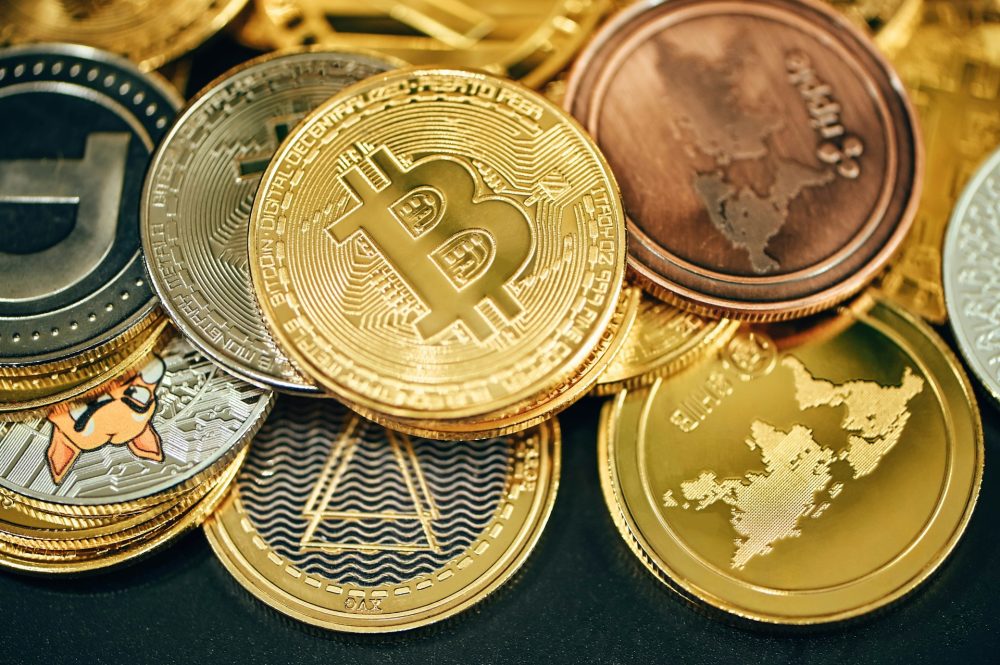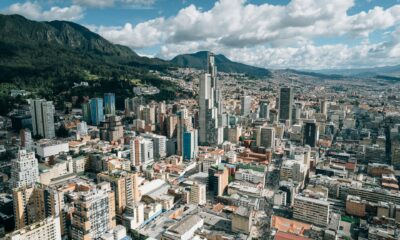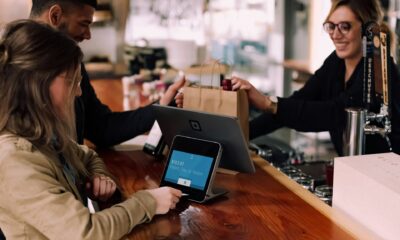Featured
Mercado Pago to Bring QR System to More Cities in Colombia
Mercado Pago, with a presence in Argentina, Brazil, Chile, Colombia, Mexico, Peru, and Uruguay, is a digital wallet that allows financial transactions such as paying in physical stores with QR code. plans to ask for authorization to set up a financing company. Mercado Pago plans to ask for authorization to set up a financing company, in order to offer a greater number of products.

Bogota and Medellin have already taken off and are going to grow a lot in the adoption of the new QR (quick response) payment system, which allows paying with the cell phone after downloading an application, but Mercado Pago wants to take the technology to the whole country.
To this end, by the end of this year, the company expects to have agreements with 50 entities, 25 more than the current ones, to allow its customers to use this system. Diego Navarro, director of Mercado Pago, said that what they are looking for is to start digitizing the shopping experience.
The fintech company Mercado Pago, with a presence in Argentina, Brazil, Chile, Colombia, Mexico, Peru, and Uruguay, is a digital wallet that allows financial transactions such as paying in physical stores with QR code, receiving returns for the digital balance, paying services, and taking a loan without having a bank account, and processes more than three million transactions per day.
During the pandemic, fintech companies grew a lot. There is a change in behavior and the way of selling and buying. Many entrepreneurs learned and adopted the technology and will not stop.
Read more about the fintech sector in Colombia and find more details about Mercado Pago and be the first to find the most important business headlines with the Born2Invest mobile app.
What is the next big thing in payment systems?
The QR code. MercadoPago already has 25 allied brands and expects to close with 50 by the end of the year. The growth seen in restaurants alone is 170%. There is a high concentration in Bogota and Medellin, but the challenge is to take it to the whole country, and to massify its use we will make alliances to offer discounts on products. In addition, this helps to increase financial inclusion.
Three million Colombians paid on the Mercado Pago platform for the first time and there is still a long way to go, as there were 40 million in the region. Also, 800,000 SMEs in Latin America started selling with Mercado Pago and this opens up other tools such as the payment link, which is different from the QR.
This is for online payments and the QR is at the physical point of sale, because it is like a virtual wallet, you take out your cell phone and not your wallet.
In Colombia, cash still rules
Tech-savvy people will continue to develop. Some will wait and continue paying with cards. In the region, the dataphone is growing a lot and in Colombia, for example, points of sale will be digitalized and will offer different payment systems. It will take several years for cash to disappear.
MercadoPago plans to ask for authorization to set up a financing company. That will give Mercado Libre and Mercado Pago the possibility to offer a greater number of products.
__
(Featured image by Julianza via Pixabay)
DISCLAIMER: This article was written by a third party contributor and does not reflect the opinion of Born2Invest, its management, staff or its associates. Please review our disclaimer for more information.
This article may include forward-looking statements. These forward-looking statements generally are identified by the words “believe,” “project,” “estimate,” “become,” “plan,” “will,” and similar expressions. These forward-looking statements involve known and unknown risks as well as uncertainties, including those discussed in the following cautionary statements and elsewhere in this article and on this site. Although the Company may believe that its expectations are based on reasonable assumptions, the actual results that the Company may achieve may differ materially from any forward-looking statements, which reflect the opinions of the management of the Company only as of the date hereof. Additionally, please make sure to read these important disclosures.
First published in Portafolio, a third-party contributor translated and adapted the article from the original. In case of discrepancy, the original will prevail.
Although we made reasonable efforts to provide accurate translations, some parts may be incorrect. Born2Invest assumes no responsibility for errors, omissions or ambiguities in the translations provided on this website. Any person or entity relying on translated content does so at their own risk. Born2Invest is not responsible for losses caused by such reliance on the accuracy or reliability of translated information. If you wish to report an error or inaccuracy in the translation, we encourage you to contact us.

-

 Crypto1 week ago
Crypto1 week agoBitcoin Recovers After U.S. Strikes Iran, While Altcoins Face Sharp Losses
-

 Business2 weeks ago
Business2 weeks agoGold Closed the Week at a New All-Time High As the Dow Jones Continues its Pattern of Weakness
-

 Africa4 days ago
Africa4 days agoMorocco’s Wheat Dependency Persists Despite Improved Harvest
-

 Crypto2 weeks ago
Crypto2 weeks agoBrazil’s Crypto Boom Threatened by Surprise Tax Proposal

























